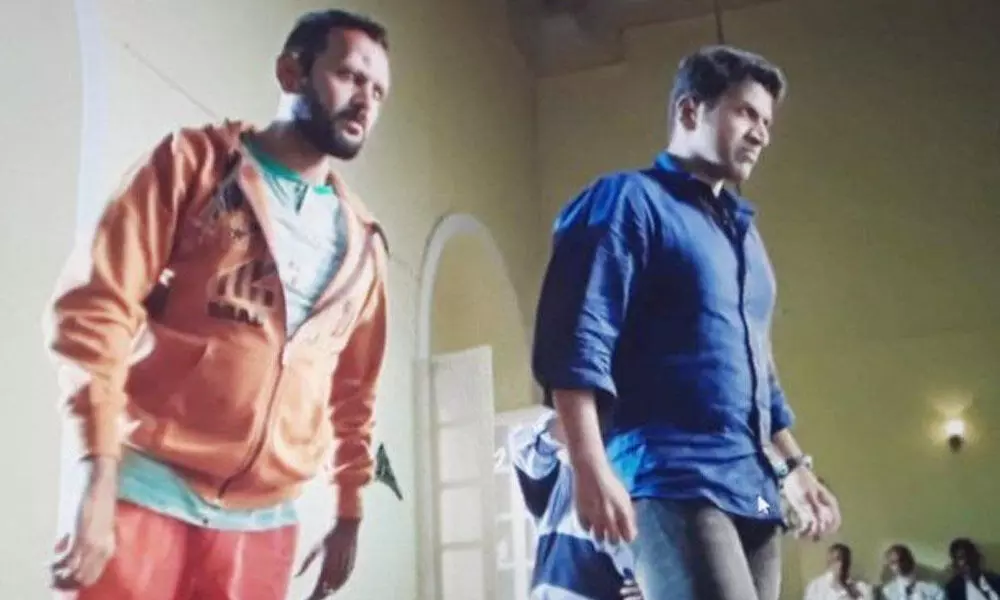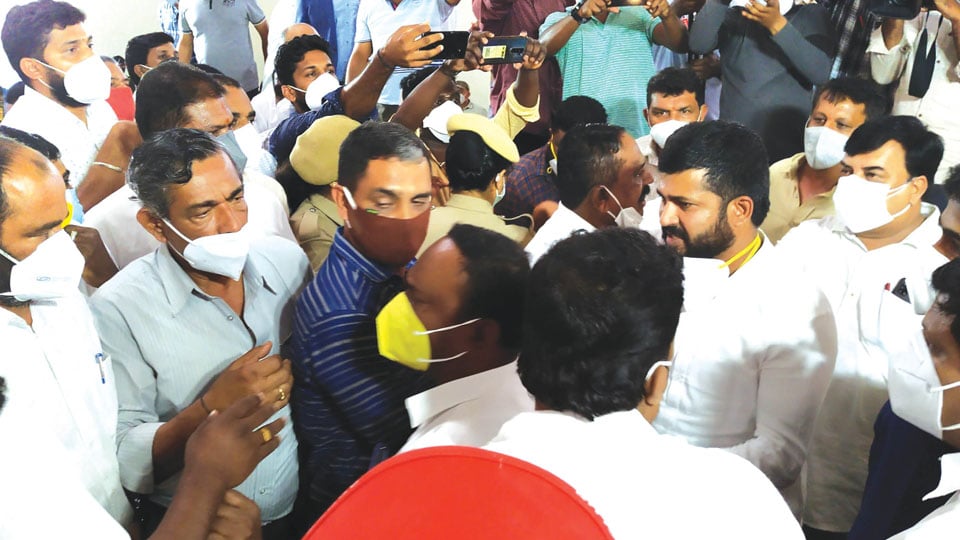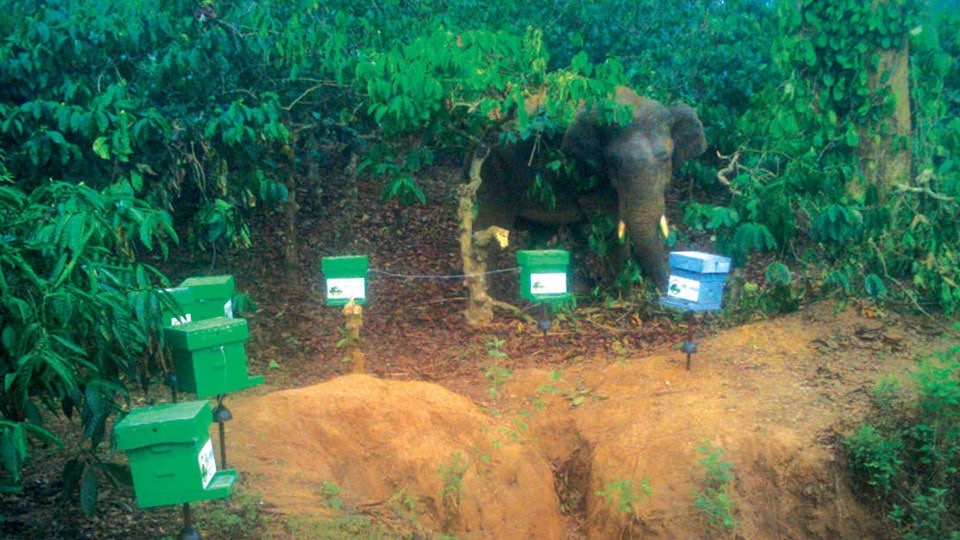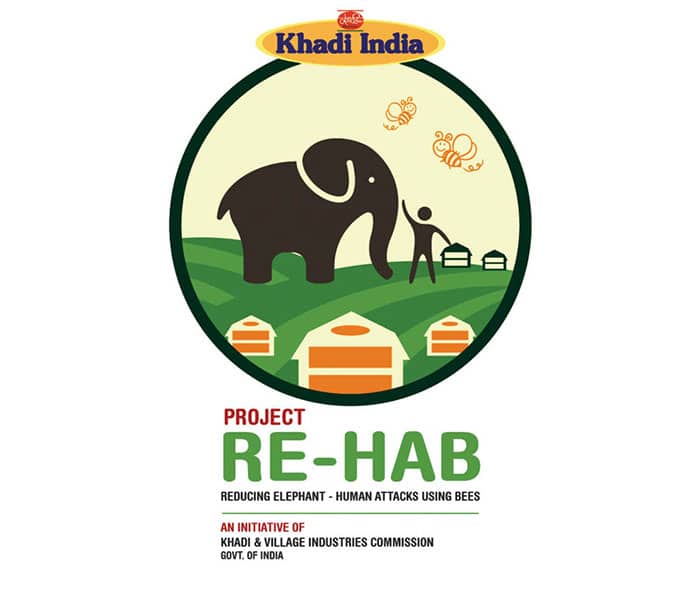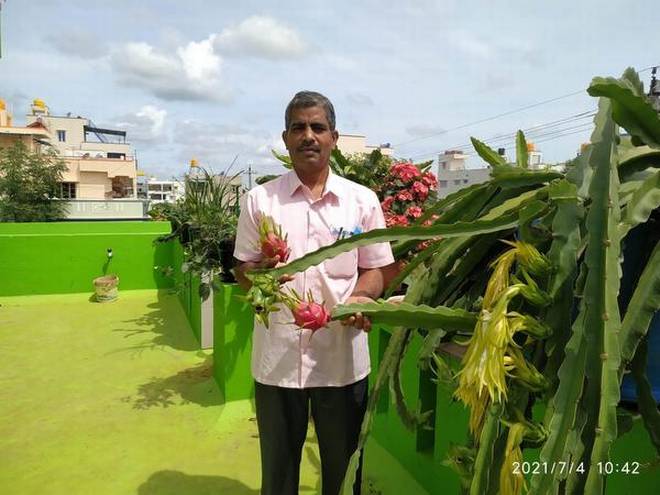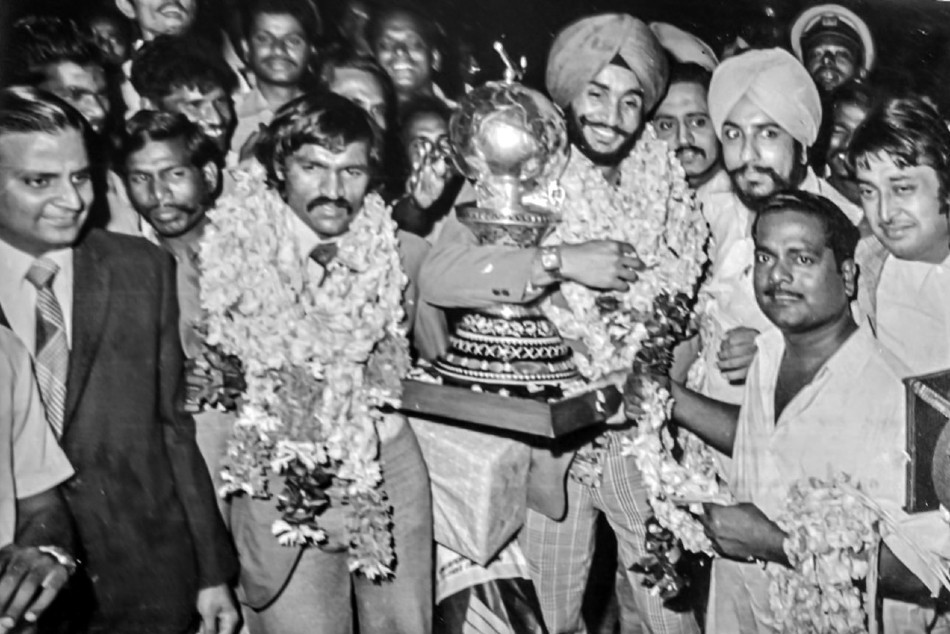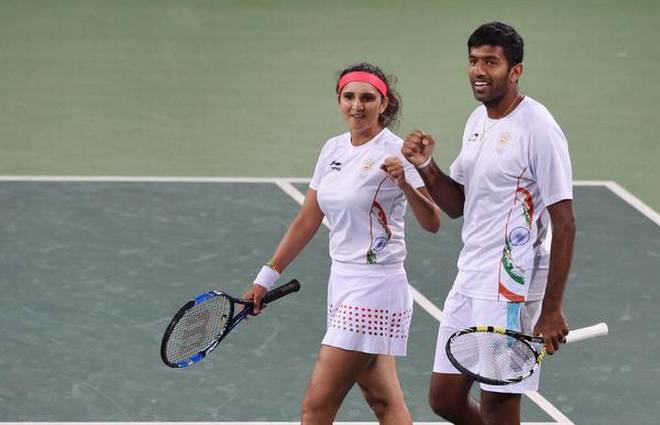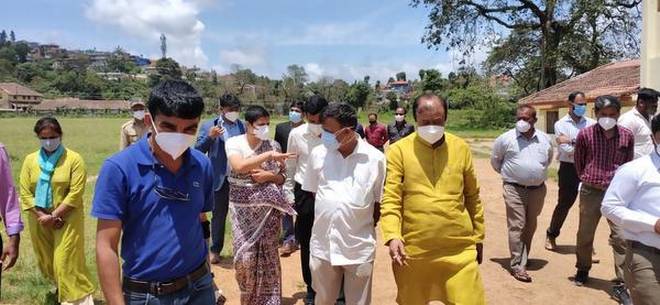
Kolkata-based Country Bean has seen 200 percent growth compared to pre-pandemic sales. But competing with venture-backed D2C coffee brands and FMCG biggies is going to be a challenge.
When Aditi Somani Satnaliwala returned home after finishing her undergraduate course from the University of Warwick, England, in 2013, the one thing she missed about her stay abroad was her morning flavoured coffee.
“A good cup of coffee is so important for me and it was so accessible while I was studying abroad. In India, flavoured coffees were not easily available. Even if it was, a common person could not afford to have it every single day because of the prices,” Aditi tells YourStory.
She then started contacting a few suppliers in the UK, who would let her become the supplier of their flavoured coffee. “But that didn’t work out. Many didn’t trust me due to the lack of experience in the import and export field,” she says.
Aditi resorted to experimenting by adding flavours such as caramel and coconut to her instant coffees, and that’s where the wheels for Country Bean started rolling.
Launched in 2017, the Kolkata-based brand offers coffee flavours like caramel, hazelnut, and coconut. Recently, the startup has added more flavours like cocoa mint, berry, and cardamom to its portfolio.

“Some variants, including caramel and vanilla, are our permanent flavours. But we experiment a lot with different flavours during festive and other seasons of the year. Last year, during monsoon, we launched cardamom flavoured coffee, and our customers liked it so much that we ended up putting it on our permanent menu,” says Aditi.
After close to a year of the launch, Aditi’s husband Aneesh Satnaliwala, a former investment banking analyst from Goldman Sachs and founder of multiple startups, joined the direct-to-consumer (D2C) coffee brand as the co-founder.
The business
The startup gets almost 90 percent of its sales from online channels, including its own website, and ecommerce marketplaces such as Amazon and Flipkart, among others. The remaining 10 percent comes from selling through retail channels such as Future Group’s gourmet grocery store Foodhall.
Country Bean claims to have seen 200 percent growth in business from pre-pandemic levels, with its customer base reaching 2.5 lakh till date from 50,000 customers in the initial days of the business. However, the bootstrapped startup did not reveal the amount invested in the business so far.
Growth during the pandemic
The pandemic has been extremely beneficial for D2C brands as a whole. Locked in consumers had no choice but to shop through online channels, making new brand discovery much easier.
The sector leaders saw improved bottom lines, including cosmetic D2C brand Sugar, which saw its highest sales in November 2020, and D2C baby and mother care brand MamaEarth, which reached a valuation of $300 million after reaching a revenue run rate of Rs 700 crore.
Another Kolkata-based D2C skincare brand Dot and Key, which was launched in 2018, saw 30x growth in the last three years of the business.
Country Bean also saw its repeat purchases reaching 25 percent during the pandemic, and the average order value reaching between Rs 500 to Rs 1,000.
The brand has already started expanding its offerings with Hazelnut Latte and Dalgona spreads, and coffee accessories like milk frother and coffee mugs.

The market and competition
According to Statista, the Indian coffee and tea market grew to Rs 420 billion in 2017 from about Rs 252 billion in 2013.
Country Bean’s proposition might be a unique one, but the brand is operating in a space where the competition is growing consistently.
The flavoured-coffee brand sees competition not just from Rukam Capital-backed Sleepy Owl, Fireside Ventures-backed Slay Coffee, and Blue Tokai Coffee Roosters, but also from FMCG giants.
To capitalise on the increasing online shopping of niche brands, Tata Consumer Pvt. Ltd. launched a premium coffee brand called Tata Sonnets last year for high-income consumers.
While Aditi claims she does not take too much pressure about keeping strict product launch targets, the brand keeps working on five to six products at a time and aims to launch two to three products every quarter, with three to four potential products always in the pipeline. Currently, the brand is working on a few products, including coffee flavours and spreads to launch in the upcoming quarters.
The only way Country Bean can stay ahead in this crowded market is by keeping its offerings fresh and unique.
source: http://www.yourstory.com / Your Story / Home> Start Up / by Prasannata Patwa / July 10th, 2021
